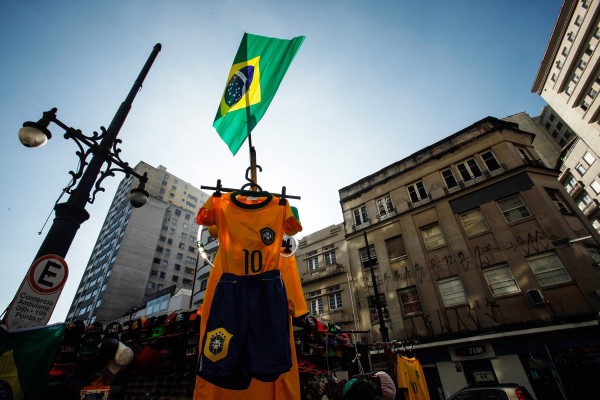

Follow us on:  
|


Brazil’s Central Bank is expected to continue to cut interest rates as the inflation rate appears to bottom out [Xinhua]
With the Brazilian economy improving and largely exiting from recession, inflation rates have fallen from near 10 per cent to 2.54 per cent, well below the 4.5 per cent ideal rate set by the Central Bank.
This prompted the Central Bank to slash interest rates; over the course of the last year, interest rates have fallen from 14 per cent to 8.25 per cent.
However, economists had expected the inflation rate to have been even lower – at 2.47 per cent. Some have attributed the higher than expected inflation rate to higher energy prices largely as a result of the hurricanes which have battered the southern US coastal areas and affected refineries in Texas and the Caribbean.
But Brazil’s economy has solidly exited recession; a strong agricultural harvest this past August has helped in denting the once high inflation rate and boosted the country’s exports.
In April, the International Monetary Fund said Brazil had the potential for the economy to move toward a more robust recovery.
At the time, it revised its 2018 GDP growth from 1.5 to 1.7 per cent.
But on the back of the recent economic indicators, Finance Minister Henrique Meirelles said that GDP growth could reach as high as 3 per cent as early as Q1 2018.
The economy had contracted a total of 8 per cent since 2014.
The BRICS Post with inputs from Agencies